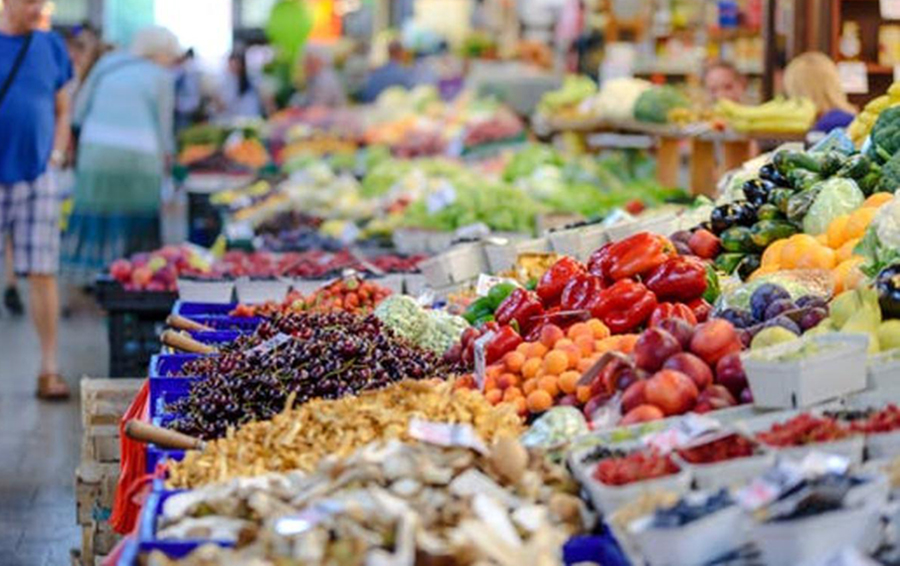The Nigerian inflation rate rose to 13.71% (year-on-year) in September 2020 indicating 0.49% point higher than 13.22% recorded in August 2020. This was contained in the Consumer Price Index (CPI) report, released by the National Bureau of Statistics (NBS).
According to the report, Nigeria has endured persistent increase in inflationary rate, growing from 12.13% in January to 13.71% in September, which is highest recorded in 30 months.
On a month-on-month basis, the Headline index increased by 1.48% in September 2020. This is 0.14% rate higher than the rate recorded in August 2020 (1.34%). Also, the urban inflation rate increased by 14.31% (year-on-year) in review period from 13.83% recorded in August 2020, while the rural inflation rate increased by 13.14% in September 2020 from 12.65% in August 2020.
READ: Data war: MTN dwarfs Airtel, Glo, 9mobile, with 1.59 million new subscribers in August
Food inflation
A closely watched component of the inflation index, rose by 16.66% in September 2020, 0.66% increased compared to 16% recorded in the previous month, while on a month-on-month basis, the food sub-index rose by 1.88% compared to 1.67% recorded in August 2020.
Meanwhile, the rise in the food index was caused by increases in prices of Bread and Cereals, Potatoes, Yam and other tubers, Meat, Fish, Fruits and Oils and fats.
Core inflation: The Core inflation also known as “All items less farm produce”, which excludes the prices of volatile agricultural produce stood at 10.58% September 2020, up by 0.06% when compared with 10.52% recorded in August 2020.
The highest increases were recorded in prices of Passenger transport by air, Medical services, Hospital services, Pharmaceutical products, Passenger transport by road, Motor cars, Vehicle spare parts, Maintenance and repair of personal transport equipment, Repair of furniture and Paramedical services.
READ: Estates in Lekki increase electricity tariff to N105/kWh
Worst hit States
Northern states in Nigeria top the list of States that recorded highest inflation in the month of September, with Bauchi State leading the list at 17.85%, closely followed by Zamfara at 17.42% and Kogi State at 16.66%. Others on the list are Yobe (15.71%) and Plateau (15.61%).
On the flip side, Kwara State recorded the least inflation rate at 10.53%, followed by Abuja at 10.59%, Lagos (11.19%), Ondo and Cross River State at 11.76% and 11.81% respectively.
What this means
Inflations rate at 13.71% and food inflation at 16.66% indicates that the purchasing power of consumers is consistently and rapidly declining on monthly basis, despite income of most Nigerians pegged at a fixed level while others earning lower income.
READ: UPDATED: Nigeria’s inflation rate rises to 12.34% as COVID effects bite harder
Explore Data on the Nairametrics Research Website













